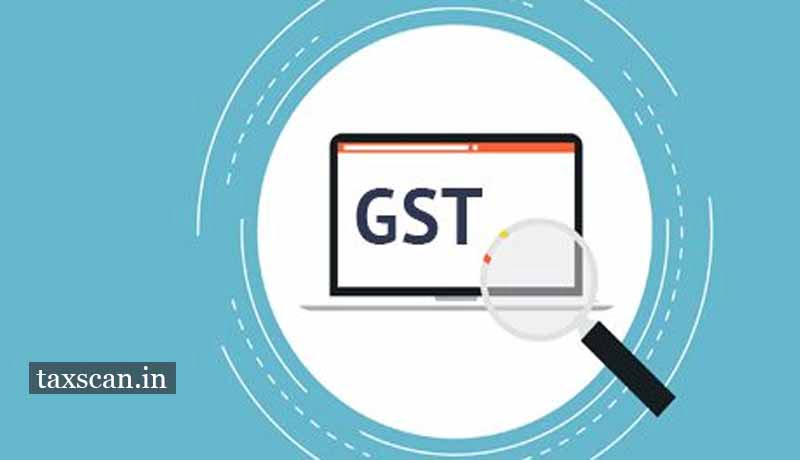GST dept probe on Mismatch in Sales Tax Return and E-Way Bill

In a bid to curb tax evasion, the Goods and Services Tax ( GST ) officers have started investigating the mismatch in the details shown in the Sales Tax Returns and E-Way Bill by the Companies.
The E-way Bill was launched on 1st April last year as a measure to avoid tax evasion. Under the e-way bill system, the goods more than the value of Rs. 50000/- should have an e-way bill generated from the portal during the course of the consignment.
Following this, the tax officers suspecting that some transporters are doing multiple trips by generating only a single e-way bill or not reflecting e-way bill invoices while filing sales return. It has also come to the notice that certain businesses are not generating e-way bills even as supplies are being made. Goods and Services Tax Network (GSTN), has also started sharing details of e-way bills vis-a-vis taxes paid to help tax officers identify any discrepancy, sources added.
In one of the letters issued by Ghaziabad GST commissioner, a taxpayer has been asked to provide "clarification" within three days on the difference between taxes paid and the liability which the tax officer has ascertained after analyzing sales return GSTR-3B and e-way bill data for the period October 2018 and January 2019. Matching of invoices of e-way bills with the sales shown in sales returns helps taxmen in assessing whether the supplies have been accurately shown in the returns and GST paid on the same.
The matching of e-way bill data with that of tax payment is in addition to an analysis being done by GSTN by matching taxes paid in summary sales return GSTR-3B and final returns GSTR-1. Also, businesses whose GSTR-1 did not match with GSTR-2A, which is a purchase return auto-generated by the system from the seller's return, have been flagged by GSTN systems.


